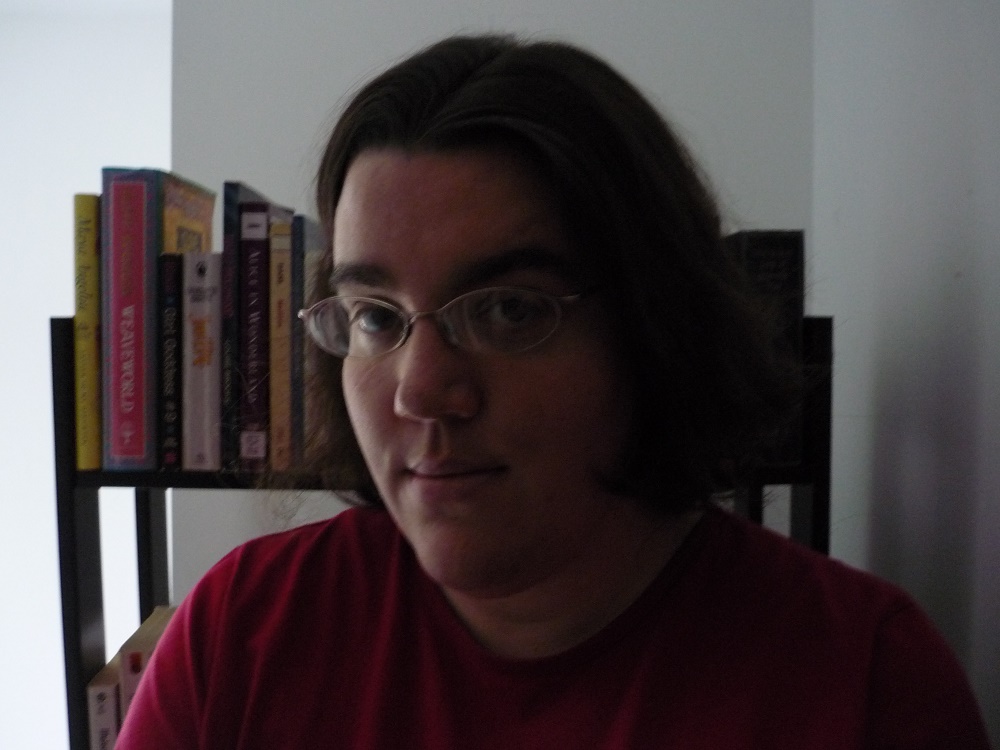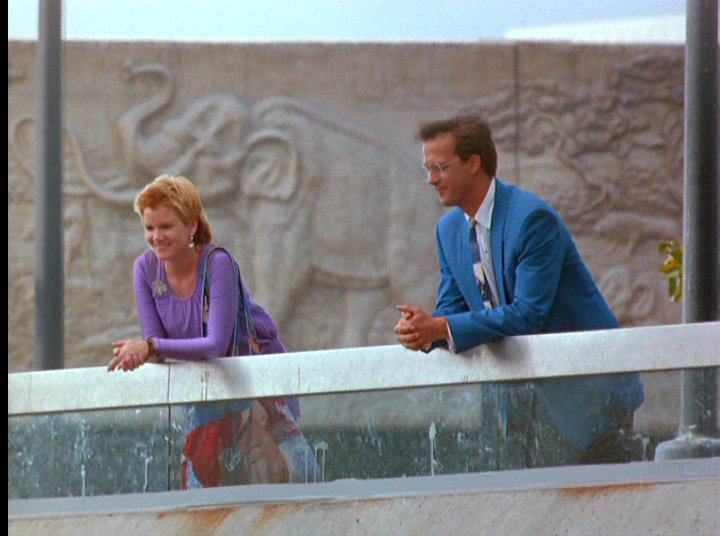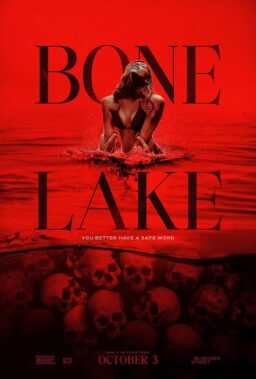In the summer of 2003, I was working in a video store.
Things were not going well for me. Things were about to fall apart for a good
long while. I sensed this on some level and stalked the rows of tapes to use
the free rentals I had as an employee to find movies I’d never heard of to take
my mind off the feeling of approaching doom. Some were hilarious, forgettable
trash. (Ask me sometime about “Eternity,” where Jon Voight plays a public
access host who learns he is a reincarnated prince who most stop Armand Assante
from buying his station.) And then there was “Miracle Mile.” I’m not sure what
I thought I was getting. But I remember the rising feeling of panic and
recognition as I watched it. I remember putting the tape back into the case
already trying to rewrite my memory of what I’d just seen. The film showed me
something I was not ready to know, or admit to myself. I was haunted by the
ending for days. I could only see the horror in it. It would be a long time
before I could recognize the benediction in it.

Recently released on Blu-ray by
Kino Lorber, 1988’s “Miracle Mile” was writer/director Steve De Jarnatt’s
vision of The End of Days in a candy colored Pop Luxe Los Angeles. It’s a
hysterical, lyrically beautiful film. Turning the tourist trap of the La Brea
tar pits and its museum into a widescreen paradise where our Adam and Eve,
Anthony Edwards as Harry and Mare Winningham as Julie, meet and instantly
connect. They spend a lovely day together, and the film takes in the various
mid-century kitsch of hamburger palaces and coffee shops that were quickly
becoming extinct. The film subtly comments that ‘80s Los Angeles, and
everywhere else, had no patience for its history. Harry and Julie make plans to
meet later that night. Harry oversleeps and rushes to the diner meeting spot
several hours too late. He finds a motley collection of character actors acting
out the Reagan era version of Hopper’s Nighthawks. He places a call to Julie on
the payphone outside the restaurant and starts to walk back in. The phone
starts ringing, ecstatic it might be her returning his call he’s in no way
prepared for the voice on the other end of the line. A panicked young man
thinking he’s calling his father from his missile silo warns that there’s only
an hour to get out before the missiles land and WWIII begins. A hail of gunfire
ends the voice on the other end of the line. Harry walks back in dazed, trying
to deny what he’s heard but quickly spreading his panic to the other people in
the diner. He can’t take the chance the call was a prank, and he can’t leave
for safety without Julie and so the race is on.

It’s funny that for a city that produces so many movies we
rarely see a movie set in Los Angeles. And certainly not this Los Angeles. This is a city of elderly retirees, hash
slingers, hookers and beat cops. The city of people who are up at four in the
morning, cleaning the streets or finishing the late shift—the people that in
other apocalyptic films are just the nameless horde we see crushed under
earthquakes and crumbling buildings. There’s a real searing sorrow underneath
these funny, exhausted characters. We get to know them, their names, and ache
for knowing they won’t make it. There is none of the insufferable indifference
of big budget disaster films, that the “right” people made it out alive so who
cares? The film dares to suggest that we’re all the “right” people in our way
and we deserve life. And the tragedy of the world is how often that’s denied to
us.
The film serves as a summation of its decade, the excess of
the wealthy that ground down the working class. The pastel colors that tried to
soothe away worries of coming nuclear Armageddon. The obsession with image and
more is always better. The colors on KL Studio Classic’s Blu-ray of the film
almost smother you at first but they’re perfect for the story—twilight’s last
brilliant, shimmering gleaming before the shroud of nuclear winter. That a film
about death could be so alive is its main paradox. And it’s why the film never
left me after that initial viewing in 2003.
And it seems right I caught back up with “Miracle Mile” this
year. This has not been a good year for me. I lost my father back in February
and since then everything has felt like it’s been moved a few inches off. I’m
paralyzed by indecision. I look at people and all I can think is “You are going
to die someday.” I’m only now regaining some sense of balance but it’s tenuous.
And yet that is the great, sad, kind message of the film. It’s always too late.
There’s never enough time. So live. Live the best you can. And maybe love is
the thing that survives us. Maybe that last part is even true. I’d like to
think so.












